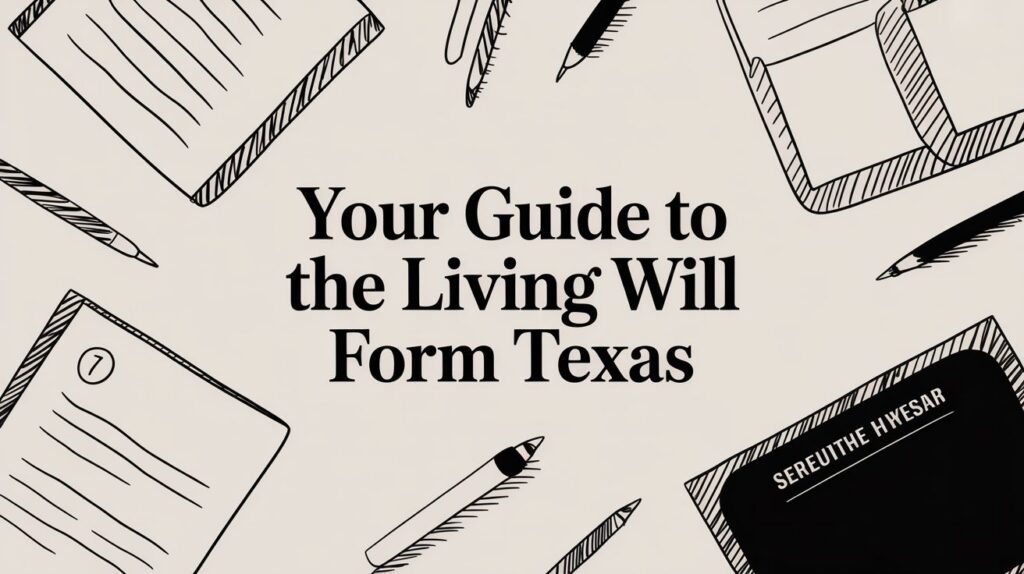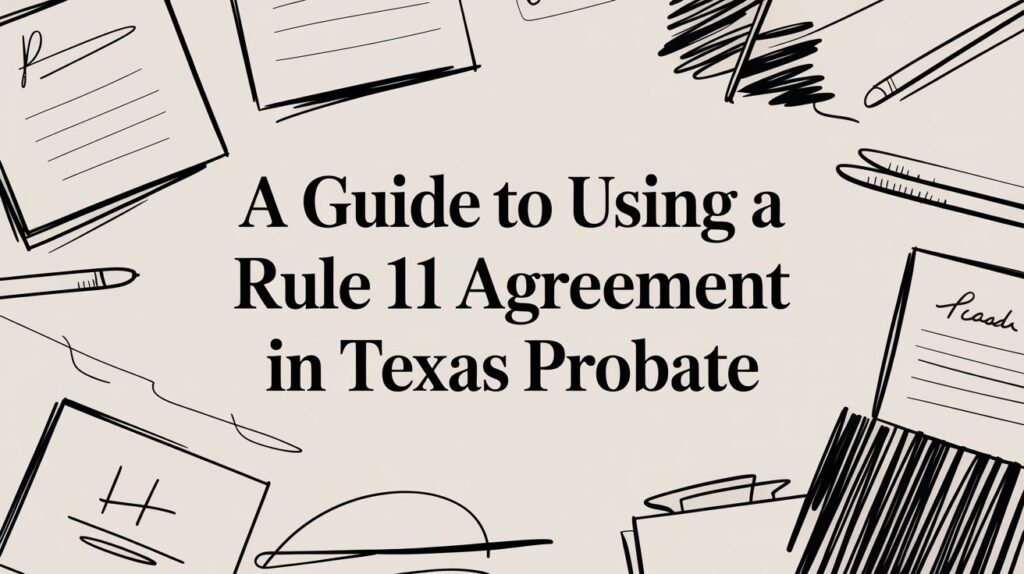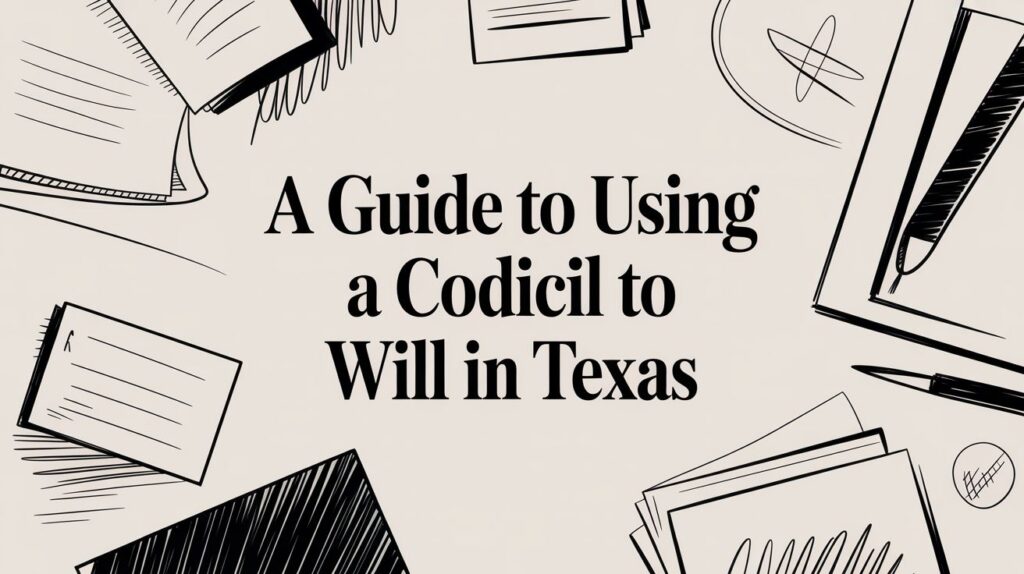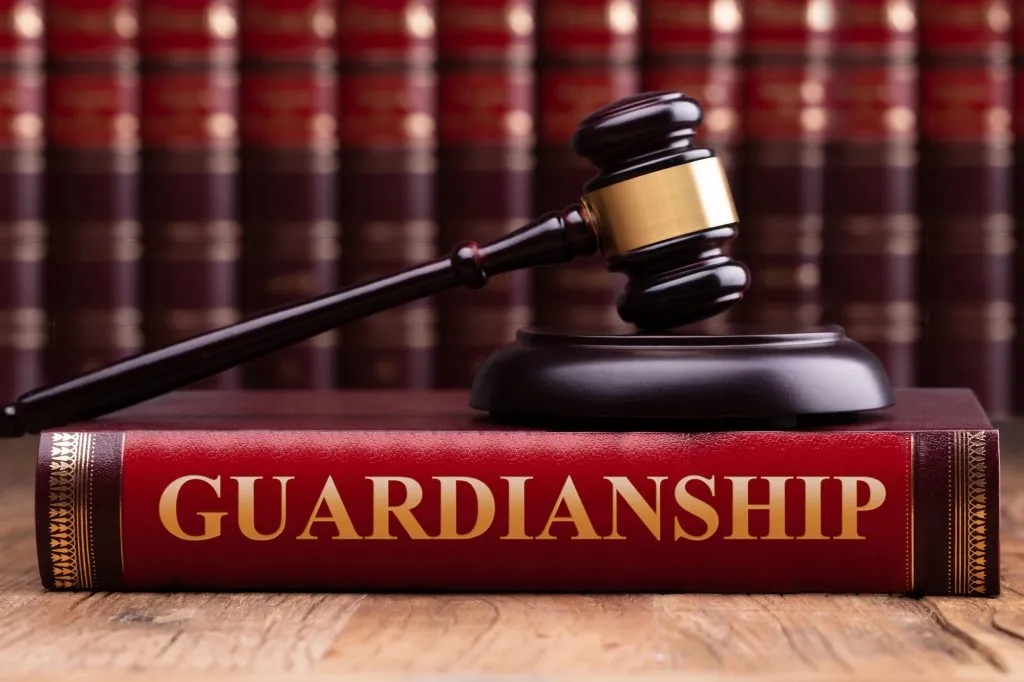If you’re settling a loved one’s estate or planning your own, you’ve likely asked, what assets in a will go to probate in Texas? This question matters more than many realize. Understanding what does—and doesn’t—go through probate can save time, avoid costly mistakes, and reduce unnecessary legal battles between surviving family members.
Probate in Texas can be complex. While Texas does offer more streamlined options than many other states, misunderstandings about what assets require probate remain common. Many people assume everything listed in a will must go through court, but that isn’t always the case. In this article, we’ll dig deep into the types of assets that pass through probate, those that bypass it, and how you can plan smarter.

Why Probate Exists and What It Means for Wills in Texas
Before diving into the specifics of what assets in a will go to probate in Texas, it’s important to understand what probate is and why it exists. Probate is a legal process designed to authenticate a deceased person’s will, settle debts, and transfer property to rightful heirs or beneficiaries.
The process ensures that:
- The will is valid
- Creditors get paid
- Assets are distributed according to the will or state law
However, not all assets are treated equally. In fact, some never make it into the probate court at all.
Real-Life Example: Misunderstanding That Delayed Inheritance
Let’s consider Janet, who lived in Austin and left a will giving her home to her daughter, Monica. Monica assumed she could immediately move forward with transferring ownership. What she didn’t realize was that the home was solely in Janet’s name, and no transfer-on-death deed had been recorded. That meant the home had to go through probate, delaying the process by over six months and costing several thousand dollars in legal fees.
This situation underscores how crucial it is to understand what assets in a will go to probate in Texas and how to handle them properly before and after death.
Assets That Go to Probate in Texas
In Texas, only assets that are solely in the deceased person’s name with no designated beneficiary or joint owner typically go through probate. These assets must be addressed by a probate court to be legally transferred.
Common Examples Include:
- Real estate titled only in the decedent’s name
- Bank accounts without payable-on-death (POD) designations
- Personal belongings and household items
- Stocks and bonds not held in atransfer-on-death (TOD) account
- Business interests that are not jointly owned or held in trust
- Vehicles solely in the deceased’s name

So, what assets in a will go to probate in Texas? The simple answer: anything without a clear ownership or beneficiary mechanism at the time of death.
The Role of the Will in Probate
A will itself does not determine whether an asset goes through probate. Instead, it guides how assets that must go through probate are to be distributed. Many people mistakenly believe that simply having a will keeps them out of probate court. In Texas, that’s not true.
If you’ve left a will that includes your house, car, and financial accounts—but none of those have designated beneficiaries or are held jointly—they will still require probate to be distributed, even if the will clearly says who should get them.
Non-Probate Assets in Texas
Just as it’s important to understand what assets in a will go to probate in Texas, it’s equally vital to recognize what avoids probate entirely. These assets bypass the probate process because they have a built-in mechanism for transfer.
Non-Probate Assets Include:
- Life insurance policies with named beneficiaries
- Retirement accounts (IRA, 401k) with beneficiary designations
- Bank accounts with POD (Payable on Death) clauses
- Real estate with a recorded Transfer on Death Deed
- Jointly owned property with right of survivorship
- Trust-held assets
These assets do not require court involvement and pass directly to the designated beneficiaries. That’s why estate planners in Texas often recommend using these tools to streamline the process and reduce probate exposure.
Storytime: The Account That Avoided Court
David had a checking account with $85,000. He named his son, Lucas, as the POD beneficiary. When David passed, that money didn’t enter probate—it transferred directly to Lucas. But David also owned a car and some collectibles not mentioned in his will. Since they had no co-owner or beneficiary designation, those items did go through probate. Lucas handled both scenarios, but the difference in time and legal effort was dramatic.
Community Property and Probate in Texas
Texas is a community property state. This means that property acquired during a marriage is generally considered jointly owned. However, this doesn’t automatically keep assets out of probate. Many couples assume that shared ownership is enough to avoid court, but this depends entirely on how titles are written.
Key Community Property Considerations:
- Property owned jointly with right of survivorship avoids probate
- If the title lacks survivorship language, the deceased spouse’s portion must go through probate
- Separate property (acquired before marriage or by inheritance/gift) is probated unless placed in a trust or given a beneficiary designation
So, if you’re married and trying to plan smart, don’t just rely on the assumption that “my spouse will automatically get everything.” Instead, look at how your property is titled and update your estate plan accordingly. A small wording change on a deed or account can mean the difference between a smooth transfer and a lengthy court process.
Why Titles and Deeds Matter More Than Your Will
When answering what assets in a will go to probate in Texas, title and ownership documents often matter more than the will itself. If an asset is jointly titled or has a survivorship clause, it bypasses probate—even if the will says something different. This often surprises families who expected the will to carry the final word.
For example, if your will leaves your home to your daughter but your deed has a joint tenancy with right of survivorship to your spouse, the property goes to your spouse—no probate involved. The legal title dictates the transfer, regardless of what the will states.
That’s why reviewing how your assets are titled is just as important as writing a will. Estate planning isn’t just about what you write down—it’s also about how you legally structure your ownership.
Planning Tip: The Transfer on Death Deed
One of the most effective estate planning tools in Texas is the Transfer on Death (TOD) Deed. This lets a homeowner name a beneficiary for real estate without giving up ownership during their lifetime. It’s a simple document that can dramatically reduce the need for probate.
When the owner passes, the property automatically transfers to the named beneficiary—no probate needed. This tool is especially valuable because real estate is one of the biggest assets that otherwise goes through probate in Texas. For families who want to keep property transitions clean and private, the TOD deed is often a game-changer.

Real-Life Conflict: Conflicting Documents Cause Delay
Sam had a will that left his classic car collection to his nephew, Aaron. However, the titles were in Sam’s name only, and no beneficiary designations were filed. Even though the will was clear, Aaron had to go through probate to get legal ownership. Meanwhile, Sam’s RV had a TOD title to his friend Jason—so Jason got it instantly, regardless of what the will said.
The takeaway? Even clearly written wills can’t override ownership documents.
Small Estate Affidavit: A Probate Shortcut
Texas offers a Small Estate Affidavit procedure for estates worth $75,000 or less (excluding homestead and exempt property). If the estate qualifies, heirs may be able to avoid formal probate altogether.
This only applies to assets that would typically go through probate. It doesn’t cover non-probate assets like insurance policies or jointly owned property. But it’s a valuable shortcut for smaller estates where families want to avoid the full probate process.
Summary: Common Misunderstandings Clarified
Let’s recap the biggest misconceptions about what assets in a will go to probate in Texas:
- Having a will does not mean probate can be skipped
- Only assets solely in the decedent’s name go through probate
- Non-probate assets pass automatically to beneficiaries
- Titles, not just the will, determine whether probate is required
- Planning tools like TOD deeds, POD accounts, and trusts can simplify or avoid probate

Being proactive about asset titling and beneficiary designations is one of the best ways to protect your loved ones from unnecessary court proceedings.
Final Thoughts: Planning Ahead Makes All the Difference
Understanding what assets in a will go to probate in Texas can prevent a lot of frustration for your family. Too often, people believe that simply writing a will is enough. In reality, without the proper tools—like trusts, transfer-on-death designations, and clear ownership documents—many assets will still go through probate.
If you’re creating or updating your estate plan, take time to examine how each asset is held and whether it has a clear transfer mechanism. And if you’re an executor or heir facing probate, don’t assume every item listed in the will requires court approval. Some may pass directly, while others need legal action.
Consulting a Texas probate attorney or estate planning professional can help clarify what’s necessary in your unique case. With the right knowledge and strategy, you can make the process smoother and preserve your loved one’s legacy with fewer complications.








